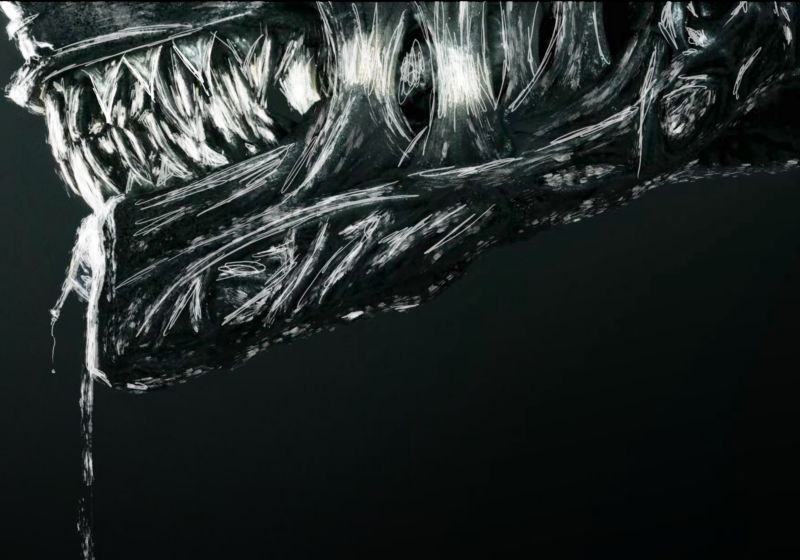In an age of cash-grab franchise flicks and tedious celebrity cameos, no one is more surprised than me to say that “Alien: Romulus” might actually be a worthwhile addition to the now seven-installment series.
Directed by Fede Alvarez, whose other works include, notably, “Evil Dead” and “Don’t Breathe” — “Romulus” slots into place about 20 years after the events of the original 1979 film. In the hopes of stealing a means of escaping their dismal planet and its corporate overlords, adoptive sister-brother pair, Rain (Cailee Spaeny) and Andy (David Jonsson), join a crew attempting to break into an abandoned space station for fuel. But, as you can probably guess, the pitstop quickly turns nightmarish.
It’s rare to be able to claim that a sequel is “worth it” in 2024. We’re constantly drowning in ads for reboots, revamps, re-castings, and revivals. We throw around the word “revival” a lot, but a better fit might be “reanimation” or “resuscitation” — dragging something that should have stayed dead back out of the grave. Where these so-called revivals fail typically involves some artless imitation of the original content without acknowledging any of the cultural context that ensured its popularity in the first place.
Here, at least, “Romulus” hits its mark. The original movies knew exactly what made their body horror so horrific, and they didn’t hesitate to lean into it: The xenomorphs have always been designed to prey on viewers’ — particularly male viewers’ — fears of bodily violation, assault, and impregnation. But “Alien: Romulus” built on this fear in a very real and terrifying way, milking (pun intended) the birth metaphor for all it’s worth.
The film has a poignant effect. In just a handful of plot twists (that somehow garnered studio approval, luckily for us), Alvarez crafts a sequel that somehow both articulates the original film’s vision and makes it relevant to our current sociopolitical climate. Our world right now is obsessed with bodily autonomy and the lack of it, and it’s impossible not to be reminded of that while watching this film.
Control over reproductive healthcare is strict and getting stricter. Bureaucracy and legislature allow women’s bodies to be hijacked for profit; trading individual autonomy for a new status as a living, breathing vessel. Shame is everywhere, sanctuary is nowhere, and the living nightmare of an unwanted pregnancy extends long past the impregnation. “Romulus” captures this in vivid detail.
Alvarez hasn’t abandoned the chest-bursting and face-hugging of earlier “Alien” films. But the violation that Romulus” victims experience doesn’t stop at the symbolic “childbirth”: they aren’t that lucky.





